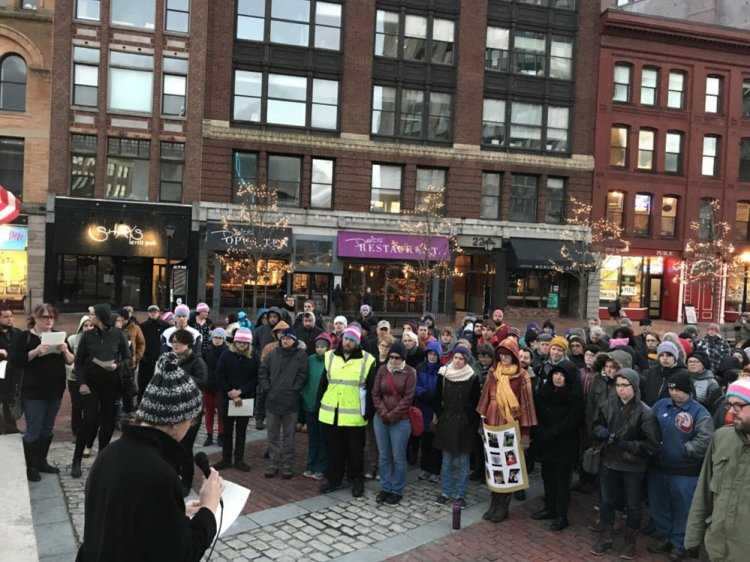Observed worldwide every Nov. 20 in honor of the transgender people slain worldwide, Transgender Day of Remembrance 2017 took place at a historic time in our country – barely two weeks after the election of Danica Roem of Virginia as the nation’s first transgender state legislator (replacing a man who once called referred to himself as the state’s “chief homophobe“) and the Minneapolis City Council victory of Andrea Jenkins, the first transgender woman of color to hold public office in the U.S.
But grim statistics overshadow these firsts: At least 25 transgender people have been killed so far in 2017, making it the most deadly on record, advocacy groups say. Anti-transgender hate crimes surged by 44 percent between 2015 and 2016, according to the FBI, compared to a 4.6 percent rise in the total of hate crimes overall during the same period.
Though the term may evoke an incident that happens on the street, transgender people also face hate violence at school, work and the doctor’s office, according to a landmark 2015 survey of nearly 28,000 transgender Americans. And compounding the injury is the fact that transgender people perceive that they have nowhere to turn when they are attacked.
In results released earlier this year, 62 percent of the Maine survey respondents who interacted with police officers reported mistreatment, including “being verbally harassed, repeatedly referred to as the wrong gender, physically assaulted, or sexually assaulted, including being forced by officers to engage in sexual activity to avoid arrest.” As a result, 59 percent of respondents said they would feel uncomfortable asking law enforcement for help if they needed it.
It should be made clear that this won’t be countenanced. The Maine Criminal Justice Academy should examine its training methods with an eye toward revising them; the Justice Department’s Community Oriented Policing Services Office suggests the best practices in a recent report. Boston Police Department guidelines, for example, call for officers to address someone who is transgender by their preferred name, even if it hasn’t been legally formalized. In West Hartford, Connecticut, Police Department policy advises officers honor a transgender person’s request to be searched by someone of a specific gender.
Transgender Day of Remembrance vigils memorialize the victims of the gravest threat to the safety of transgender men, women and teenagers. But as we honor those killed, we shouldn’t forget that transgender people are regularly targeted for other forms of violence as well – and they should be able to call for help without putting themselves further at risk.
Send questions/comments to the editors.


